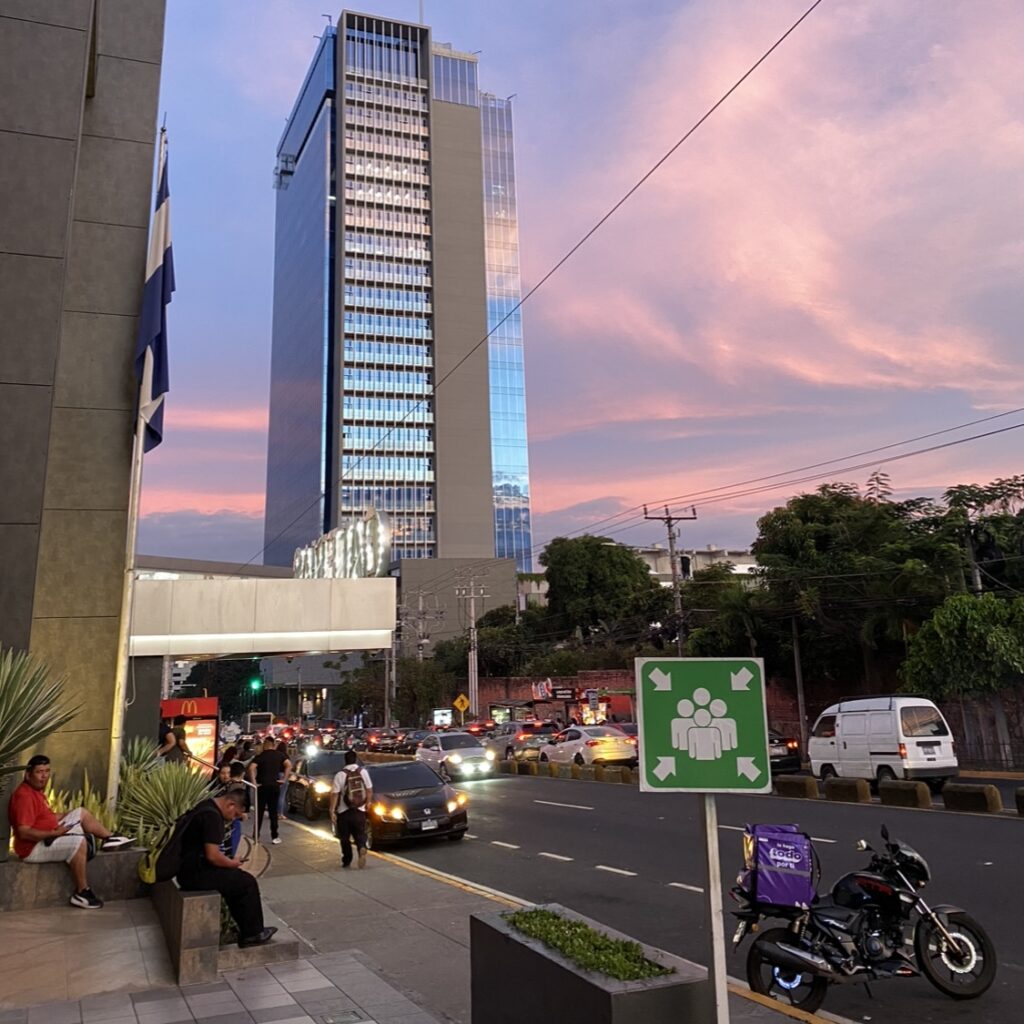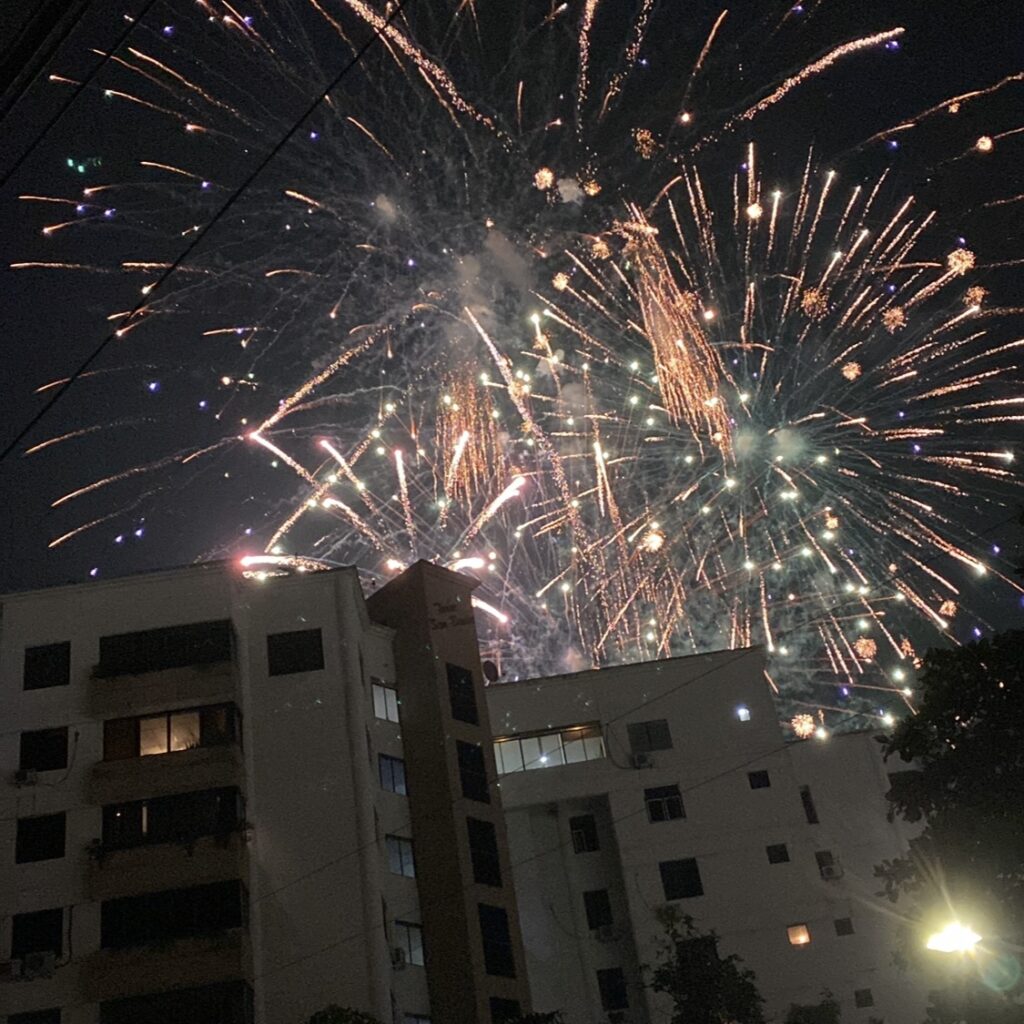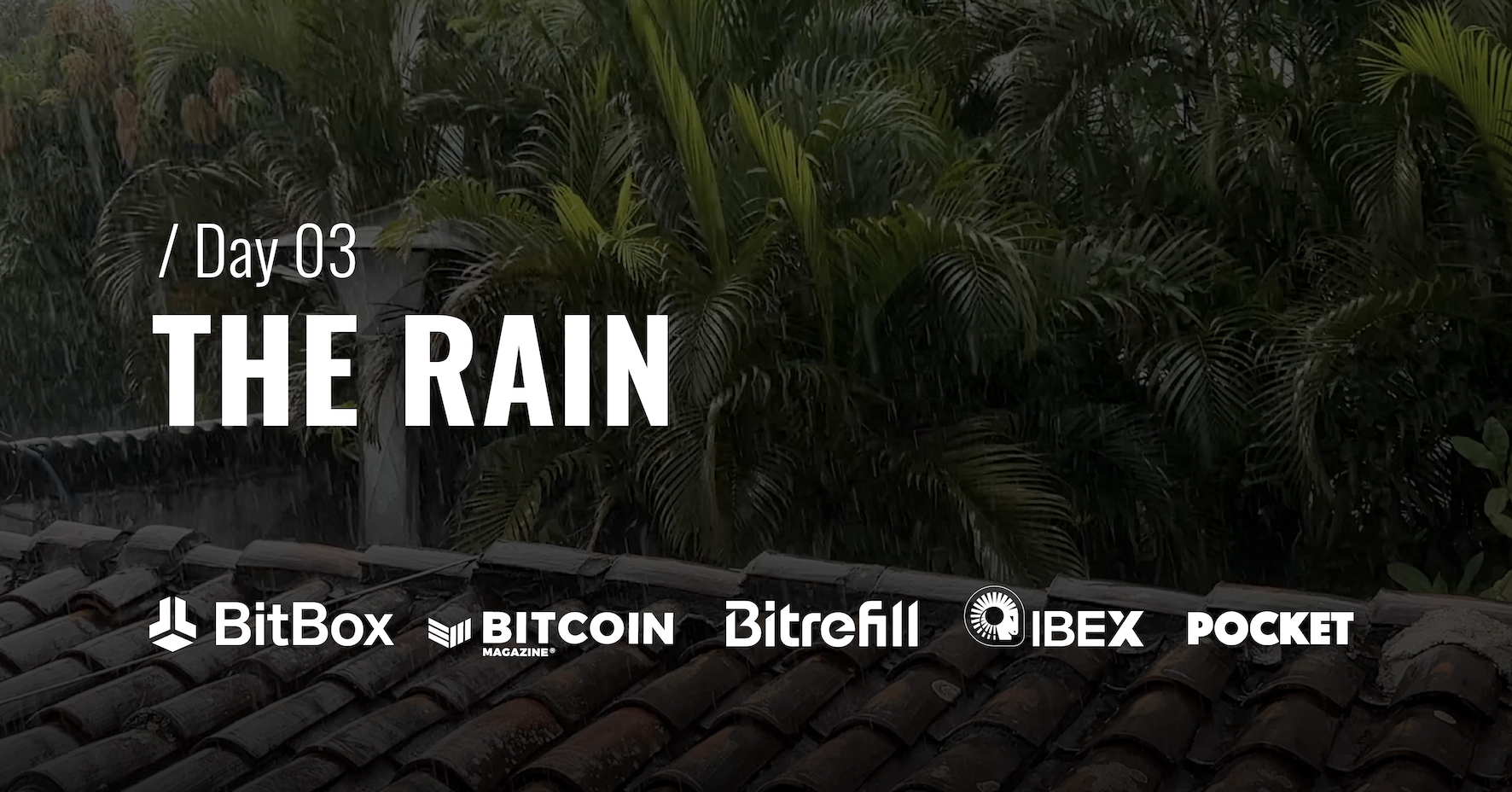

Compared to last year, we arrived in El Salvador a month earlier. It seems like a small thing, but it makes a big difference instead. We are on the cusp of the rainy season. This means that the weather is capricious to say the least. Mornings are generally warm and sunny. But often in the afternoon, within a few minutes the sky is covered with clouds and it starts to rain. Rain at these latitudes and in this season is something difficult to describe. It must be seen. An abnormal amount of water is dumped on the ground, all at once. The universal deluge. An apotheosis. Then, a few hours later, with the same rapidity, clear weather returns. As if nothing had happened.
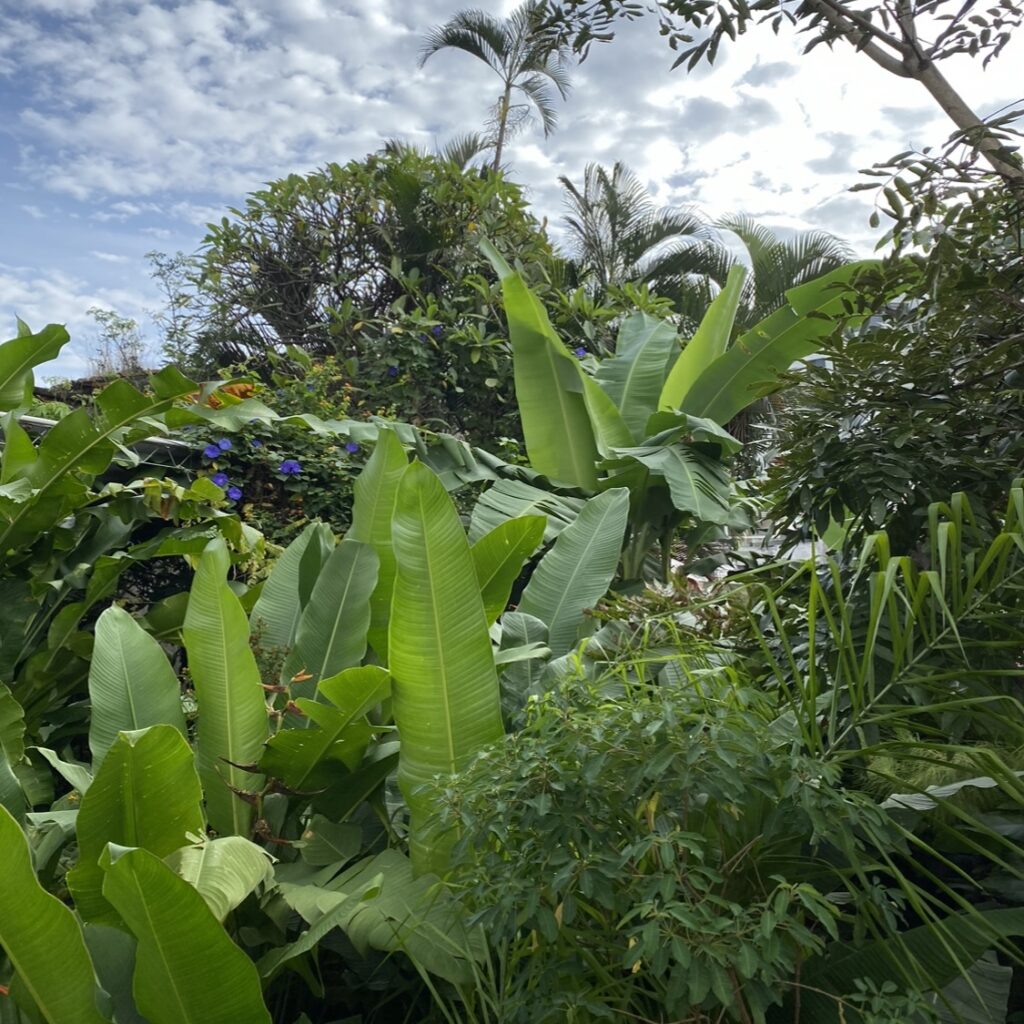
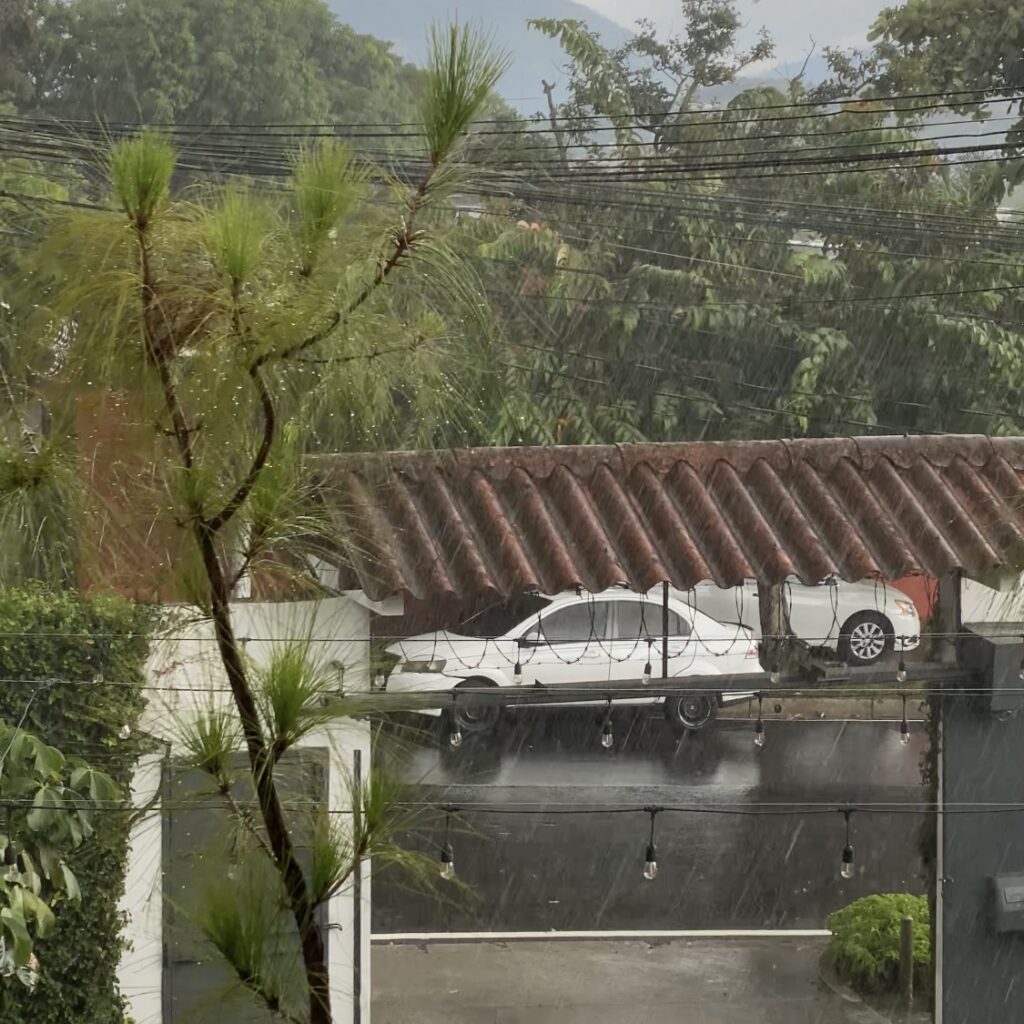
These days, because of this, we often have to take shelter, spending several hours indoors. We take the opportunity to get some work done. We are planning the rest of the trip and trying to rent a car, of course paying for it with our bitcoins. We are used to this routine by now. It takes a little patience and a few dozen phone calls. But tomorrow we have a few appointments and should therefore be able to find it.
Our presence in San Salvador also has not gone unnoticed for long. Our phones are ringing off the hook and a lot of local friends are showing up. It is a pleasure to meet them over a good cold beer. Although it is raining, it is hot and the weather is muggy.
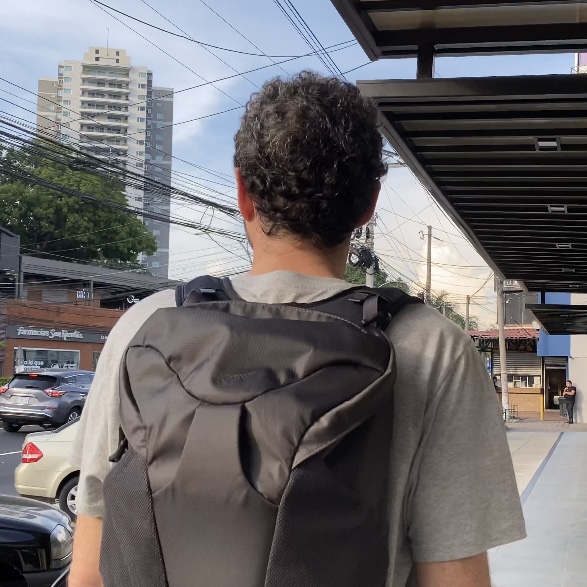
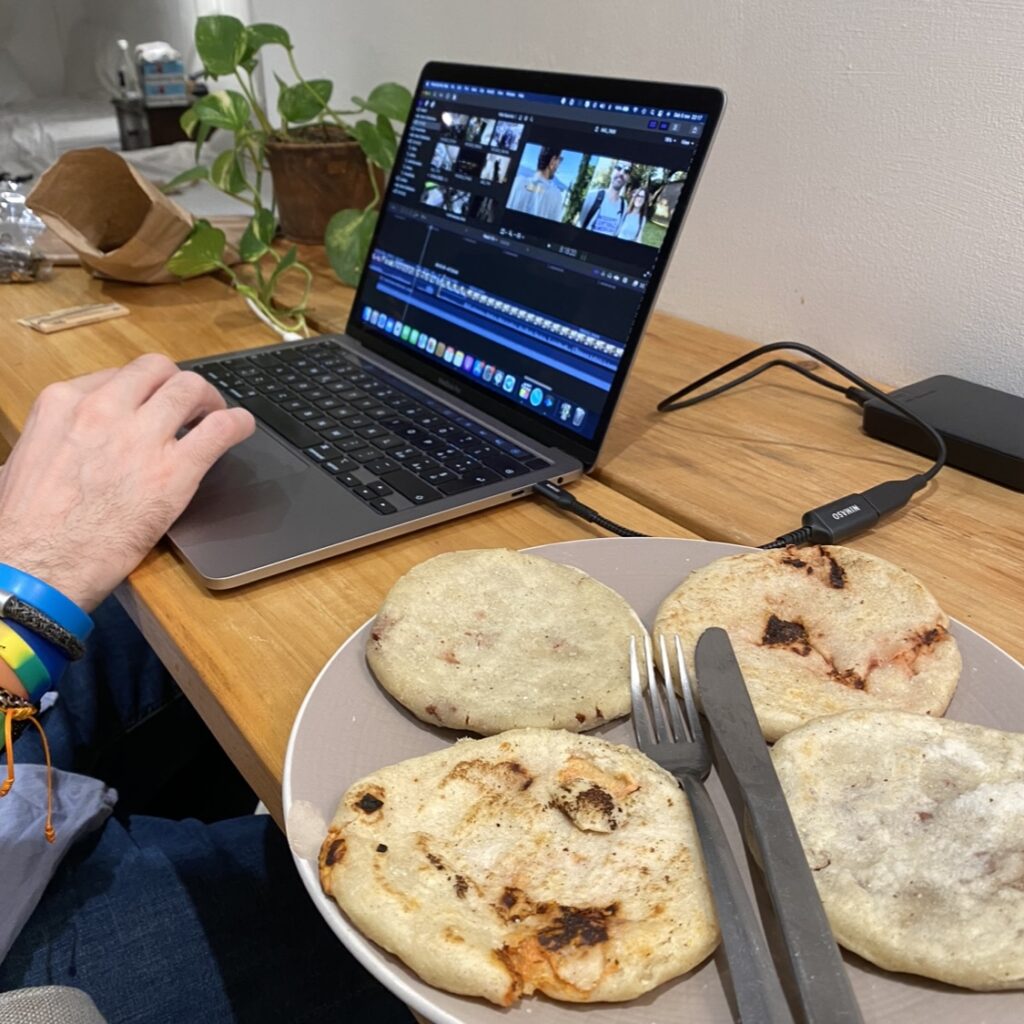
There are many who talk to us about how today El Salvador is back to being a relatively safe and livable country, after the great fear caused by the resurgence of gang clashes that began in late March. Terrible months that really made people fear the worst. It all started when the rivalry between criminal gangs flared up again and within a couple of days there were more than 100 murders. A flood of blood.
Even though the victims were mostly pandilleros, as they call them here, the government could hardly sit idly by and reacted with an iron fist, declaring martial law, deploying police and army and organizing a series of special operations. The months that followed were, we are told, truly difficult. Made up of many deprivations of individual freedoms. Travel restricted to home areas, curfews and deserted cities at night, checkpoints on suburban roads and major city byways. It took more than 55,000 arrests to bring the situation under control. Fifty-five thousand. In a country of just over six million people.
It is difficult for us “Westerners” to immerse ourselves in such a reality. It is something unimaginable.
On the government of El Salvador, of course, criticism has also flowed. Many international humanitarian associations denounce a systematic violation of human rights in prisons. There is talk of torture, arbitrary imprisonment, summary trials.
Today the country is still under a state of emergency. The special laws have not yet been withdrawn. There are still ongoing police operations, we are told, especially of the more peripheral areas of the nation. All cellular communications are intercepted, even ours therefore, and at any time the police can close entire areas without warning, impose curfews, set up checkpoints, arrests and controls.
But today the situation is quiet and we can witness it firsthand.
It is really difficult for us to judge, and we are at a loss. On the one hand we firmly believe that brutality can never justify more brutality. But we also cannot deny that we are glad to see the faces of our friends finally calm and relaxed. As we enjoy the rain.
